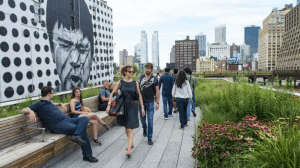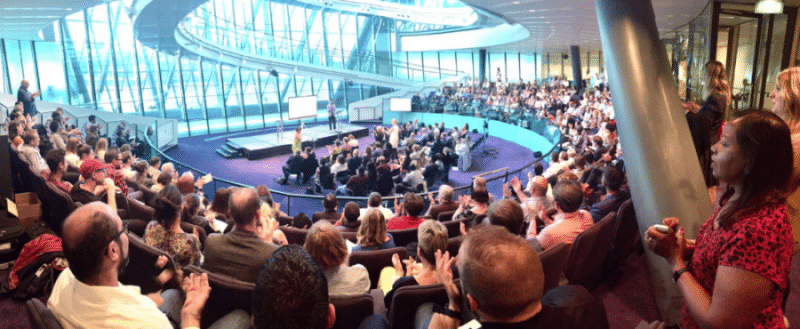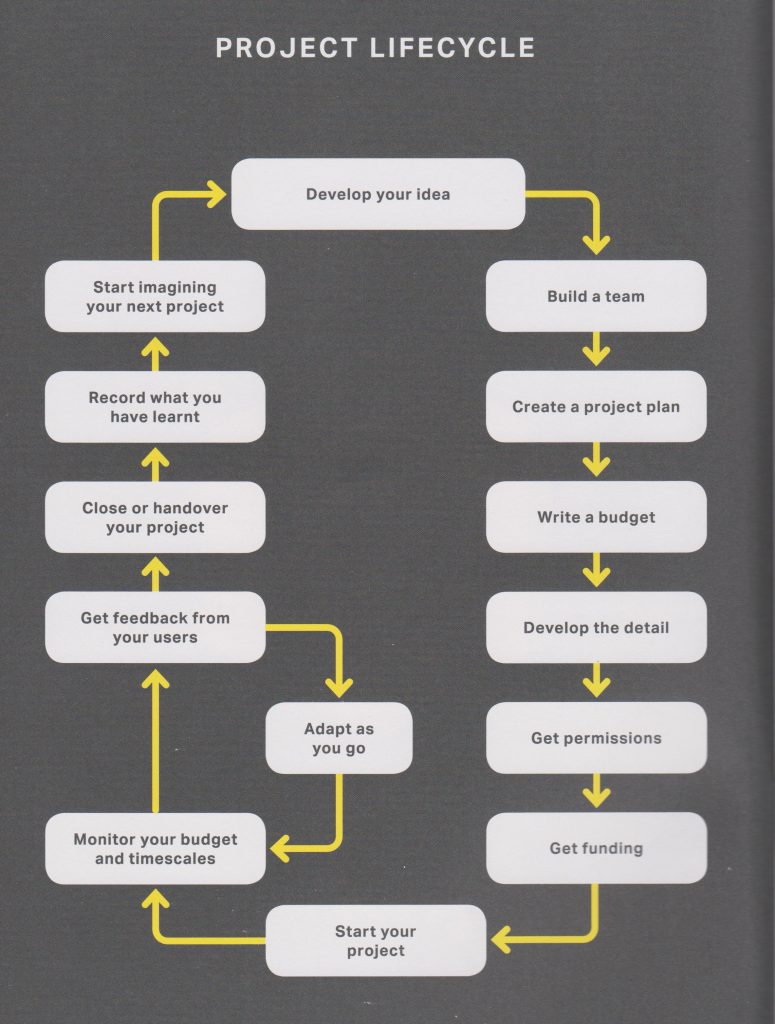The Mayor of London recently announced his annual allocation of £1 million available to a range of grassroots community projects. Operating in conjunction with UK crowdfunding platform Spacehive, and co-ordinated through the Greater London Authority, community project leaders can apply for a maximum contribution of up to £50,000 for not-for-profit projects that serve the wider community, as long as the sum they ask for is no more than 75% of their total fund raising target.
The Mayor and GLA’s main purposes of the initiative appear to be to:
- Crowdsource ideas at a grassroots community level that add to or improve local facilities, maybe through new uses of disused buildings and locations.
- Show Londoners that their County Hall is listening and responsive in a demonstration of growing transparency and accountability.
The re-purposing of abandoned locations and unused buildings, particularly high street retail units, is a matter of growing national concern. Online shopping, road congestion, scarcity or cost of parking spaces and a recent hike in business rates have all reduced footfall and raised costs at traditional retail outlets.
The #CrowdfundLDN project will crowdsource many ideas that could influence local authority policies on how to respond to the hollowing out of previously vibrant areas within communities, and also empower groups of volunteer citizens to work together to deliver their solutions at a lower project cost than full funding from any local authority’s budget.
In 2017 the initiative also attracted a number of corporate donors who wanted association with the initiative. Backers included renewal energy company Bulb, creative co-working space Second Home, Ladbrokes and B&Q alongside Esmee Fairbairn Foundation, Growing a Greener Britain and Veolia.
Here’s the 2018 timeline.
-
 Workshops are currently taking place throughout London to raise awareness and participation levels, and to brief interested parties on the scheme details.
Workshops are currently taking place throughout London to raise awareness and participation levels, and to brief interested parties on the scheme details. - During July and August project leaders will start to build their crowdfunding pitch on the Spacehive platform, identifying necessary skill sets and assembling their team(s) to finalise the pitch, raise the money and then deliver the end project. Completed crowdfunding pitches, including plans on how the project will be delivered and then maintained as a going concern, must be submitted to Spacehive by September 3.
- Later in September the projects that meet a required standard of community benefit, validation of local community support, short-term achievability and longer-term viability will go live on Spacehive and start to generate funding.
- 30 to 40-or-so projects selected to receive a contribution from the Mayor of London’s £1m budget will be announced in October at an event staged in London’s County Hall, headquarters of the GLA and Mayor of London (as in main image in 2017).
- Each project will then continue its crowdfunding efforts during November and December to reach their target. The crowdfunding will be on an “All or Nothing basis,” meaning if a project fails to reach the outstanding balance of its overall target the Mayor will keep his money and the project will not go ahead.
Being selected is naturally very positive news to leverage to potential backers through PR and social media. The projects that fail to receive a Mayor’s contribution can still choose to continue their efforts to raise funds, though of course they will have a tougher job to reach their target.
Benefits for the funding applicants are numerous.
At a community level, participation in the scheme draws together people with a shared focus on involvement in a project for ulterior motives. Firm friendships and alliances between local businesses have been forged in the previous two years of the scheme.
At a personal level, a number of individuals may develop new skills through the experience and interaction of being part of a team, and gain personal confidence through empowerment. All and any of these factors could boost their employment prospects and future personal income potential.
And all successful projects will improve the number and range of London’s community facilities available to the city’s population.
Previous successful projects include building a sustainable food yard, kitchen and event space at Bankside to act as a hub for the promotion of sustainable food activity. The project provides education, outreach and advocacy for innovation in sustainable food practices, and incubator space for startups. Affordable access to a professional kitchen as an available community resource enables hopeful commercial food and drink suppliers and would-be chefs and restaurant owners to experiment, gain experience and refine skills.
One project completed the external refurbishment of an iconic and much loved local art deco cinema in Hackney. The project also created a second screen allowing for more local events and the sustainable operation of the enterprise as a non-profit community facility.
 A south London disused railway space will enjoy a new lease of life as a 900m pedestrian walkway and natural garden area in what was previously a rail yard used for coal wagons. It is a facility comparable to the inspiring and better known elevated walkway examples in New York and Paris. An initial crowdfunding project in 2015 on Spacehive raised money for a feasibility study, now published as a 180-page document. In addition to a contribution from the Mayor of London, Southwark Council also donated £10,000.
A south London disused railway space will enjoy a new lease of life as a 900m pedestrian walkway and natural garden area in what was previously a rail yard used for coal wagons. It is a facility comparable to the inspiring and better known elevated walkway examples in New York and Paris. An initial crowdfunding project in 2015 on Spacehive raised money for a feasibility study, now published as a 180-page document. In addition to a contribution from the Mayor of London, Southwark Council also donated £10,000.
Previously abandoned garden allotments in Tolworth, Kingston Upon Thames, were re-purposed as a suburban farming project to teach food-growing skills and create a productive, sustainable source of locally produced food. The designers of the growing space went on to win an award at the prestigious Royal Horticultural Show at Hampton Court with an edible garden.
Details of all 25 projects backed in this initiative by the Mayor of London in 2017, with a total contribution of £400,000, are here.
There are numerous other examples around the world of civic authorities using the offer of crowdfunding support as an incentive to crowdsource ideas for civic development. It is also tool for civic authorities to measure relative support in the community and determine which local projects to back, and to what degree.






0 Comments